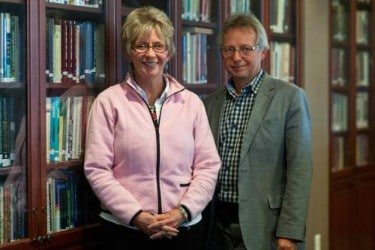
“Some members of the Church believe that wayward children unconditionally receive the blessings of salvation because of and through the faithfulness of parents. However, ‘The tentacles of Divine Providence’ described by Elder Orson F. Whitney may be considered a type of spiritual power, a heavenly pull or tug that entices a wandering child to return to the fold eventually. Such an influence cannot override the moral agency of a child but nonetheless can invite and beckon. Ultimately, a child must exercise his or her moral agency and respond in faith, report with full purpose of heart, and act in accordance with the teachings of Christ.’ A pull, a tug, an enticement, invite, beckon. In there words, we hear an echo of the original promise, ‘I will draw all men unto me.'”